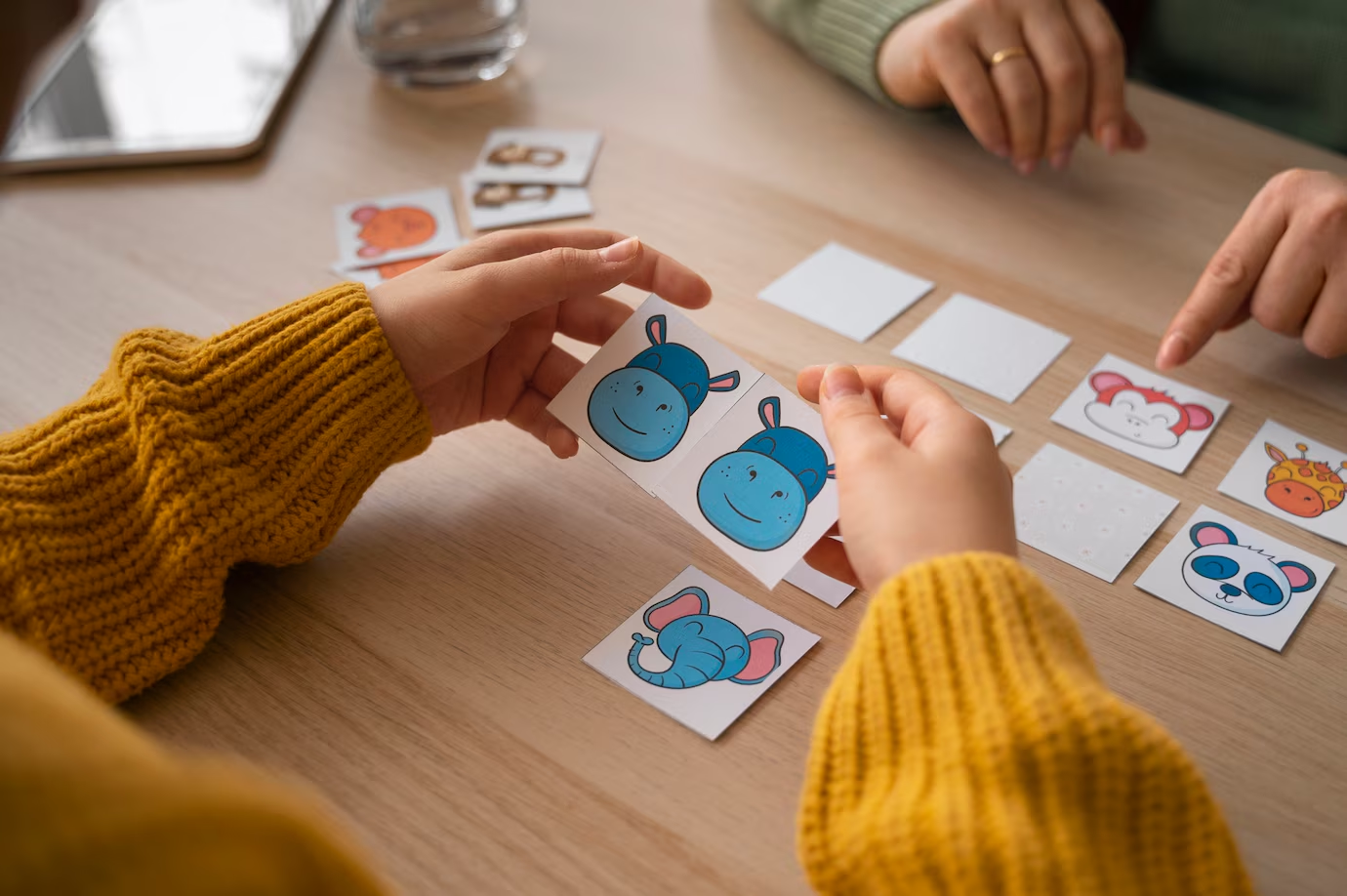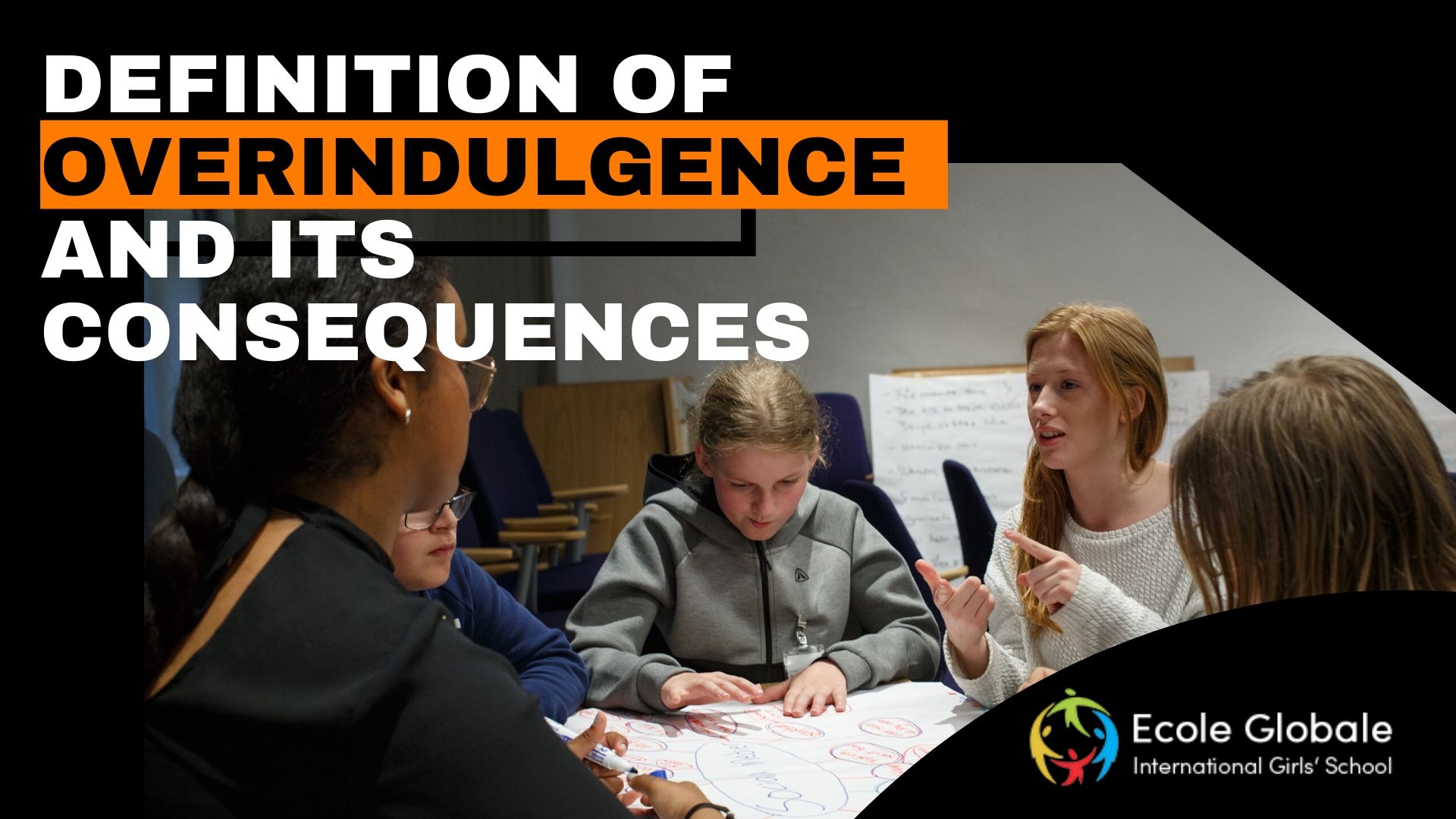We, as parents want to give our students the things which we may not have had as children, want to meet each of their needs and want to help them as much as we can.
Research says that parents are causing their children to harm when parents try to do much, especially the things which they should be learning to do for themselves. Self-contentedness, greed, and unwillingness are the consequences of overindulgence.
Many professors say that a rise in the number of cases of overindulgence is because we are living in the age of affluence. Those parents who raised their children 50 years ago didn’t have the resources which the parents have these days.
What is Overindulgence?

There are three types of indulgence
- Giving too many toys or other things
- Over-nurturing ( doing something which children should be doing themselves)
- Soft structure ( not having rules, not enforcing them, not making kids do the chores)
Overindulgence can be a combination of these types or can take the form of one.
There are some other facts about overindulgence;
- It’s more common today than earlier.
- It comes from a parent with a good heart who wants to do the best for his or her child.
- It can harm and can cause pain to the kids by setting them up to fail.
- It’s about too much attention and fewer boundaries and not just about too many toys or privileges.
- It’s something which not just wealthy families do and can happen at any income level.
- Adults who were overindulged can recover and can be identified and changed.
Are You Overindulging Your Child?

To help parents figure out whether or not they are overindulgent with their child, a tool as developed called the Test of Four. This test includes four questions that parents should ask themselves;
- Is it getting in the way of your child’s development task? For example, if you are overindulging your child, then he/ she might need more attention than others in the class.
- Is it using a disproportionate amount of family resources? Ask yourself if you are giving your child more than what you can afford, thus compromising the needs of other family members?
- Are you doing this for yourself or your child?
- Is it causing any harm to others in some way?
How Overindulgence Can Harm Kids?

Parents who can relate their parenting behaviors to any of the above should think about how they can turn things around. Overindulgence causes the troubles which kids have to face like taking care of themselves, learning to wait for something they want, taking responsibility, knowing what and when it is enough, etc.
If the child loses or breaks some toy and the parents replace it immediately, then the child would never get the opportunity to work hard to replace it, and for having achieved a goal, they will feel good about themselves. This will ultimately make them ungrateful.
Researchers found that the kids usually teens who consider materialistic things is the reason for their happiness, are actually more envious of others and are less satisfied with their lives and also have lower grades while the teens that focus on gratitude and are not materialistic are less envious of others, have higher grades, are always motivated to help others and are happier. Overindulged children aspire money, fame, etc. Thus their aspirations also get influences because of overindulgence.
How to Guard Against (or Stop) Overindulgence

Given below are the strategies to stop overindulgence:
- Give kids chores:
To build their self-esteem and to teach them to think about others, assign kids everyday tasks, such as picking up their things or helping clear the dishes.
- Set expectations of gratitude:
When you make a meal for him or give him clean laundry, get him into the habit of saying thank you. If someone does something nice for him, make him write a thank you note.
- Teach her to take care of her things:
If the child loses or breaks something carelessly, instead of replacing immediately, make your child do some extra chores to replace it.
- Get the whole family involved in charitable or service projects:
To help your child learn about the needs of others and grows into a charitable person, the whole family should do some charitable services in which children can also volunteer like making sandwiches at a church, donating old and outgrown items to family shelters.
- Start small:
Slowly begin to make changes targeting one area at a time like if you have been buying toys for your child whenever you were late, come up with some other non-materialistic ideas for spending time together.
Your child will become more confident, happier and kind when you will begin to make changes to treat overindulgence.
This article is contributed by Ecole Globale International School.









